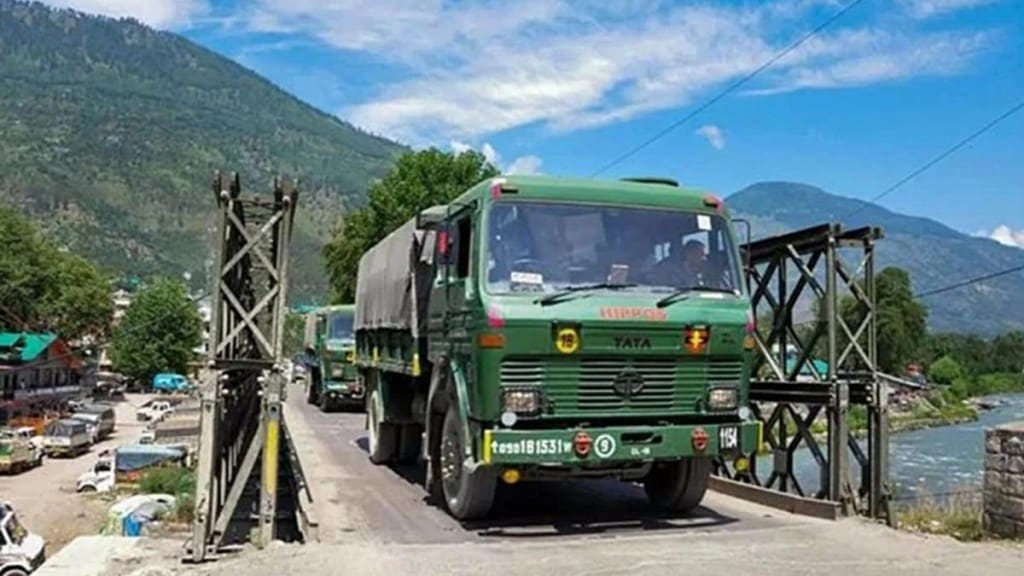India and China have announced plans to restart troop patrols along the Line of Actual Control (LAC) in eastern Ladakh, specifically at the Depsang and Demchok regions, starting October 30. This agreement marks a critical thaw in relations following years of heightened military tensions and confrontations.
Easing tensions on the border
The decision to renew patrols follows the dismantling of temporary structures that had been erected to obstruct each other’s movements. Reports from Indian government sources indicate that troops who had been positioned in close proximity have begun to withdraw, signalling an end to the recent standoff. “Troops who were in an eyeball-to-eyeball situation have started pulling back,” sources in the Army noted, highlighting a move towards normalization.
Under the new arrangement, patrols will be coordinated, requiring both sides to notify each other before commencing any operations. “These measures are aimed at preventing face-offs along the LAC,” stated sources. Troops will carry hand-held weapons, such as rifles, consistent with previous protocols.
Limited scope of the agreement
Importantly, this patrol resumption is limited to the Depsang and Demchok areas, with no impact on other contentious locations in eastern Ladakh, including Gogra, Hot Springs, and Galwan, where previous disengagements have taken place. According to Lin Jian, spokesperson for China’s foreign ministry, “Frontline armies are implementing the relevant work, with smooth progress so far,” indicating a cooperative approach.
Diplomatic context and future prospects
This breakthrough in patrol agreements coincides with recent discussions between Prime Minister Narendra Modi and President Xi Jinping, marking their first formal talks in five years. These discussions, held during a regional summit in Russia, signal a mutual interest in addressing long-standing tensions exacerbated by the deadly 2020 clash in the Galwan Valley.
Despite these advancements, Indian officials remain cautious in their approach. While there is a consideration to reopen air travel and expedite visa processes, New Delhi is not yet prepared to lift all restrictions imposed on Chinese investments. Measures such as banning numerous Chinese apps and scrutinizing investments are still in effect as India navigates its trust deficit with Beijing.
A fragile yet hopeful future
The impending resumption of patrols represents a crucial moment for India-China relations, suggesting a potential pathway to greater stability along their shared border. However, both nations must proceed with caution, ensuring that diplomatic efforts are sustained to foster a more cooperative relationship.
By carefully managing their interactions, India and China can work towards rebuilding trust and enhancing regional stability, an essential endeavour given the complexities of their historical ties.
